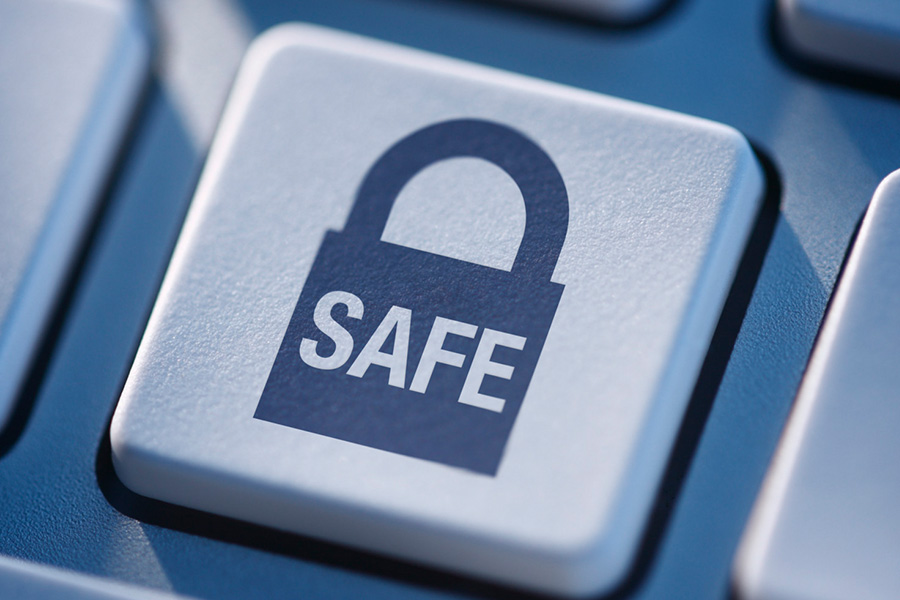Hello!
So, you think you’re safe online? Think again. Some of the myths surrounding our safety online are a dangerous misconception, one that could put your personal information at risk. Running a Hyper-V backup will secure your information so that you can rest assure that these following 5 things won’t cause you any headache.
1. Cache and Cookies Settings
 Cookies are little bits of data that keep track of what we’re doing online. It is the ultimate time-saver, keeping us from having to log in time after time constantly. What you might not know is that companies can’t wait to get a hold of data, using it to do things like track and observe browser history.
Cookies are little bits of data that keep track of what we’re doing online. It is the ultimate time-saver, keeping us from having to log in time after time constantly. What you might not know is that companies can’t wait to get a hold of data, using it to do things like track and observe browser history.
This might sound harmless, but the fact is, it could be damaging to your personal information. Clearing out cookies and cache histories is one way to prevent large amounts of data from getting into the hands of third-party sites or hackers, but it will not stop an attack altogether.
Anytime you go online, your cookies are updated, and so is your cache. Unless you’re clearing out after every visit, you might still be at high risk.
2. Antivirus and Firewalls
 These might have been the biggest things to hit cybersecurity back in the 90s but, we are far past that. Securing your computer with an antivirus or a firewall just won’t cut it as it did back then.
These might have been the biggest things to hit cybersecurity back in the 90s but, we are far past that. Securing your computer with an antivirus or a firewall just won’t cut it as it did back then.
These forms of security are outdated and are no match for today’s sophisticated attacks. Hackers have had a lot of time to study ways around these technologies, figuring out where their vulnerabilities lie.
So, the point is, just because you have a firewall or antivirus, don’t think you’re always 100% protected.
3. Going Incognito
Going off the grid is desired by some. Especially today, with the vast amounts of information coming from all sorts of sources, people are looking for the truth. Finding it is difficult, and some search engines promise that without the danger of tracking. Most people out there think by going incognito, all information is secured, and that searching goes untraced and untracked.
Well, that isn’t quite the truth. You see, when you go incognito, you’re only hiding browser history. These browsers like Duck Duck Go, Google’s Incognito, and more can still get a hold of your IP address, which is just like your digital fingerprint. Your digital fingerprint comes with personal data that is still prone to attacks if not properly handled.
4. Using a VPN
 Virtual private networks (VPNs) are thought to keep all tracking and advertisements away, creating a more secure searching environment. While there are a lot of good ones out there, there are some bad ones as well. Using a free VPN service, you’re not guaranteed to go entirely off the radar.
Virtual private networks (VPNs) are thought to keep all tracking and advertisements away, creating a more secure searching environment. While there are a lot of good ones out there, there are some bad ones as well. Using a free VPN service, you’re not guaranteed to go entirely off the radar.
These companies collect money by allowing advertisements to slip through. They have also been known to track data, even though they are commonly believed not to.
Using a free VPN while in a public place doesn’t always keep your information secure, so always use extra caution even if you think you’re protected.
Better Safe Than Sorry
 As the saying goes, “Better safe than sorry.” When it comes to your data and personal information, this couldn’t be more true. We get in the habit of thinking that we are protected, so long as websites are secured, and we are taking preventative measures.
As the saying goes, “Better safe than sorry.” When it comes to your data and personal information, this couldn’t be more true. We get in the habit of thinking that we are protected, so long as websites are secured, and we are taking preventative measures.
However, that is not always the case. To keep your data secure, users should do a backup often to keep a hold of sensitive data and files.
While surfing the web, you can also take up some preventative habits, helping you to surf the web with ease, knowing that your info is safe. Taking these four things into account, you can stop believing that you’re always protected, taking more aggressive measures while you search the world wide web.
Thank you!
Join us on social media!
See you!






